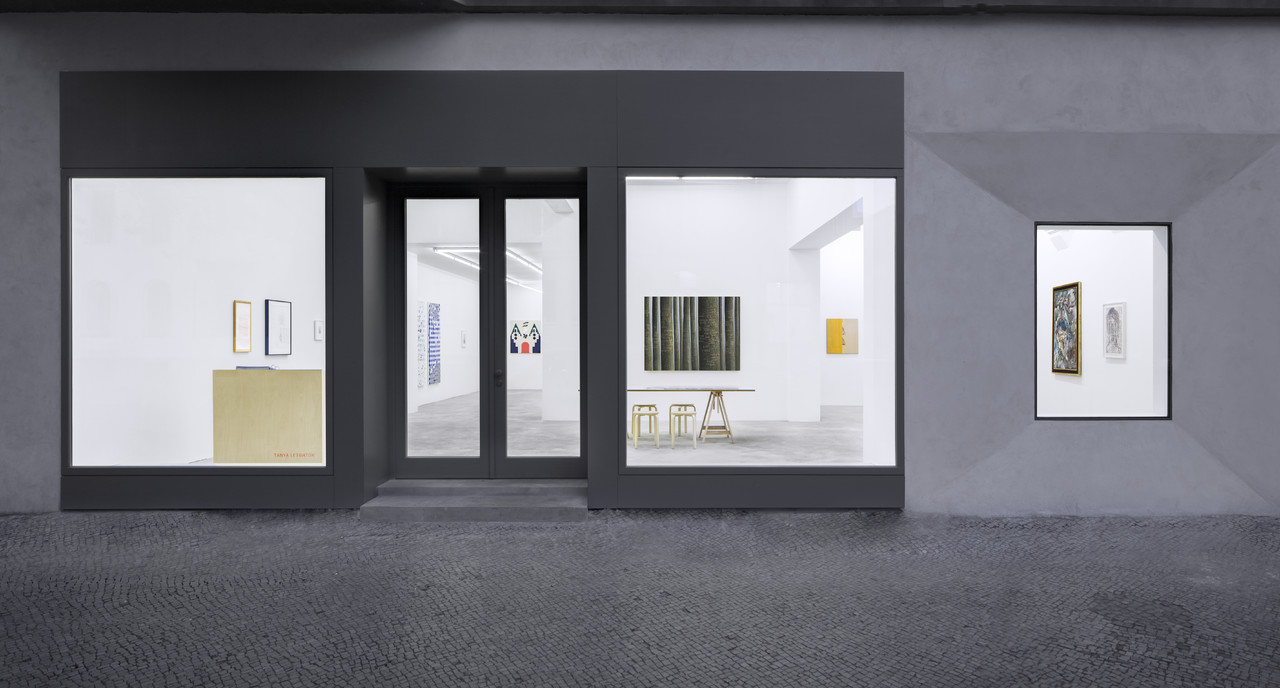Tanya Leighton
Tanya Leighton
Solo exhibition (curated by Alberto Salvadori)
Fondazione ICA Milano
Autumn 2025
The Third Perspective (curated by Francesca Gavin),
The Merode, Brussels
8 January – 12 July 2025
Publication: The Man Who Envied Women
Kirsty Bell, Elisabeth Lebovici, Bart van der Heide et al., published by Bierke
January 2024
Solo exhibition
Kunsthal Thy, Denmark
2025
About
Tanya Leighton, established in 2008, is dedicated to developing a cross-disciplinary, trans-generational gallery programme with off-site projects, in collaboration with artists, filmmakers, critics, art historians, and curators. Its international exhibition programme reflects a variety of opinions and practices as well as Leighton’s associations with American and British experimental cinema, artist’s film and video, performance, minimal and conceptual art. Since opening its second location in Berlin in January 2015, the gallery has consolidated its position as one of the city’s foremost representatives of international contemporary art. Solo exhibitions by established and emerging artists intersperse with conceptually motivated projects and group exhibitions. The gallery aims to re-contextualise historical frameworks and practices, bringing marginalised figures back into focus.
Newsletter
Contact
General Inquiries:
Tel: +49 (0)30 21972220
info@tanyaleighton.com
Due to the volume of submissions, we cannot accept unsolicited portfolios at this time. We thank you for your understanding.
Location
Tanya Leighton Berlin
Kurfürstenstraße 156 & 24/25
Berlin 10785 DE
Directions
Tanya Leighton Los Angeles
4654 W Washington Blvd
LA 90016 CA
Directions
Hours
Berlin
Open Wednesday – Saturday
1–6pm and by appointment
Los Angeles
Open Tuesday – Saturday
11–5pm and by appointment
